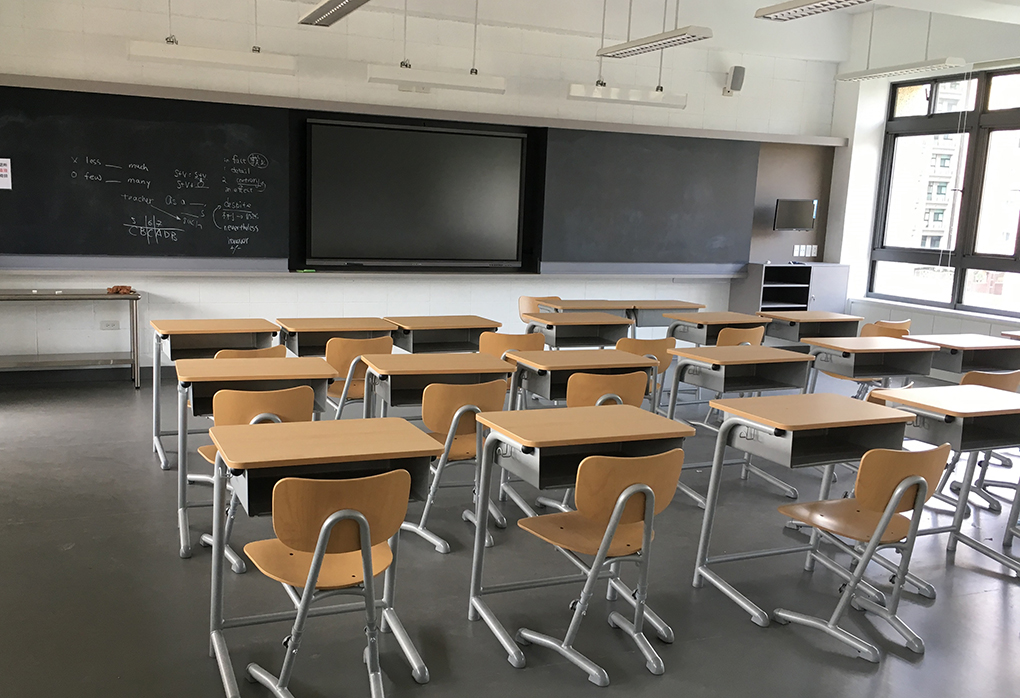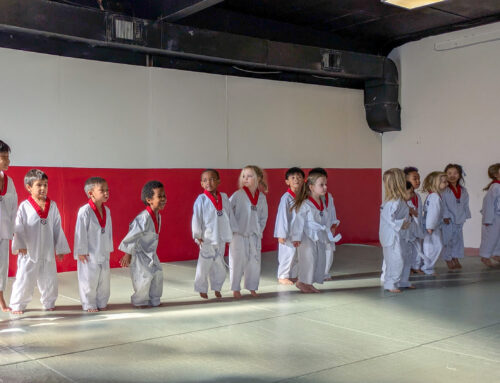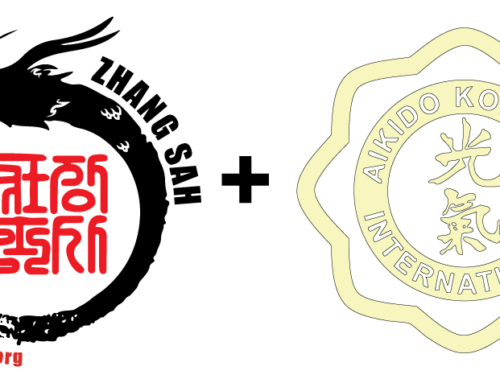
Two articles appeared in Education Week’s newsletter last week that may seem quite controversial or alarming. One article by Brooke Schultz, “ A Bill to Kill the Education Department Is Already Filed. Here is What it Says” and an article written by Sarah Schwartz, “Sharp, Steep Declines’: U.S. Students Are Falling Behind In Math and Science”. These are both not new news and are still quite troubling. I say none of this is new news because ever since 1964, when President Johnson promoted his “Great Society” program and introduced The Elementary and Secondary Education Act, the U.S. The Department of Education has been under attack. Those that oppose it feel it has not lived up to its billing, created a dependency on government, and is too expensive to maintain at the cost to the taxpayer. In 1983, while I was still in my freshman year of high school, President Reagan’s administration issued the report: “A Nation At Risk: The Imperative For Educational Reform”. 40 years later, many of the same problems still exist and some seem to have even gotten worse.
The 2023 Trends in International Mathematics and Science Study (TIMSS) has collected international education data and the US is still slipping further behind other countries in academic performance in both math and science. The study has been conducted every four years since 1995 and both South Korea and Japan claim top honors in the 2023 TIMSS with Singapore hailing the highest average scores.
Obviously, this problem has persisted for a long time. From my vantage point, all of the federal initiatives that have been brought forth and imposed upon us have been relative failures. Not only have they failed at jockeying for position as to who will be educated enough to participate in our society but they have failed our country by depleting our competitiveness internationally. With that being said I am not advocating for the destruction of any education system but I do agree that radical change is warranted. I believe this is necessary to sustain our country’s future and for benefit of our children.
Education is very expensive. Therefore, it should be scrutinized and retooled for efficacy. Locally, the School District of Philadelphia spends approximately $15,000 per regular education student. The average classroom size is 26 students so the total investment per class, using regular education dollars, costs taxpayers roughly $390,000 per classroom. On the other hand ,and more specifically to the Queen Village neighborhood, when you think about local private school education options in a non- religious school the average tuition is $33,000. A non-sectarian private school’s average class size is roughly 14 students per class. The average cost for the opportunity to have a private education with a greater degree of attention spent per student is roughly $462,000 per class. One important variable to consider, is that many students in the public school system are identified as special education with some schools having as much as 33% students identified as special education. This designation comes with an increased level of support in order to attempt to meet the needs of the student. The fiscal impact can raise the investment per classroom in a public school setting above the cost per classroom of a private education.
When you reflect upon the high level of investment, whether it be tax dollars or paid privately, and the ongoing slide of our national competitiveness, the scenario needs to change. My work at Zhang Sah has always been about trying to bring to realization innovations that strive for our students to achieve their highest human potential. This is one big reason why we are starting our own Zhang Sah School.
When many think of an elementary school, it’s generally respected for how well its students matriculate to a high school that is of their choosing. The Zhang Sah school is setting out to challenge that notion. We believe that a school should be equipped to deliver a product of sorts. The Zhang Sah school is designed to deliver a multilingual, young scholar black belt as our product upon completion of the elementary school program. Zhang Sah aims to deliver this product at a lower cost than public and private schools. We hope that the Zhang Sah school brings unprecedented value to our students. What is it worth to a student to be able to converse with 80% of the people on earth? What is it worth to have acquired traits like resilience, self discipline, and athletic skills? What is it worth to be able to walk anywhere and feel comfortable and not be afraid of other people? At Zhang Sah, we think these outcomes are priceless, very competitive internationally, and a kind of freedom that is the hallmark of American societal values.




